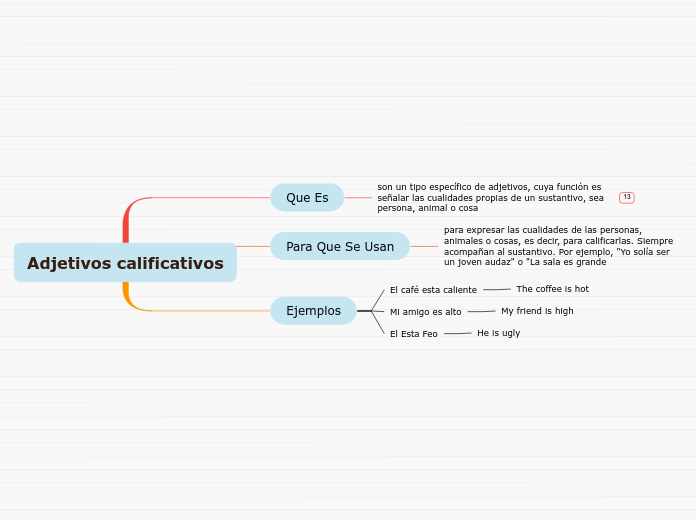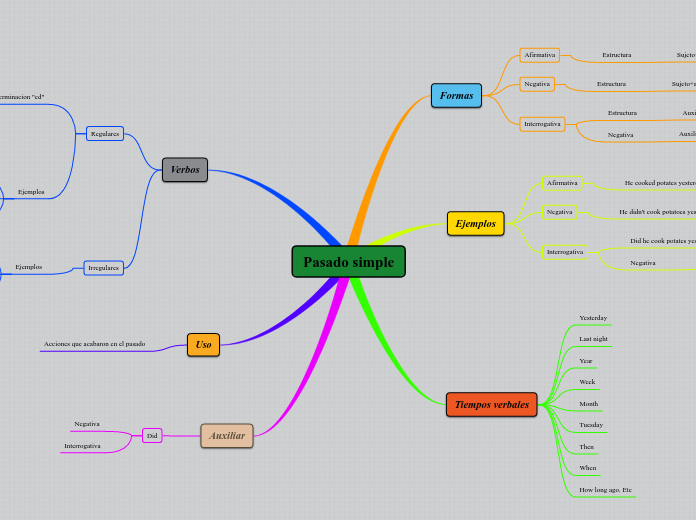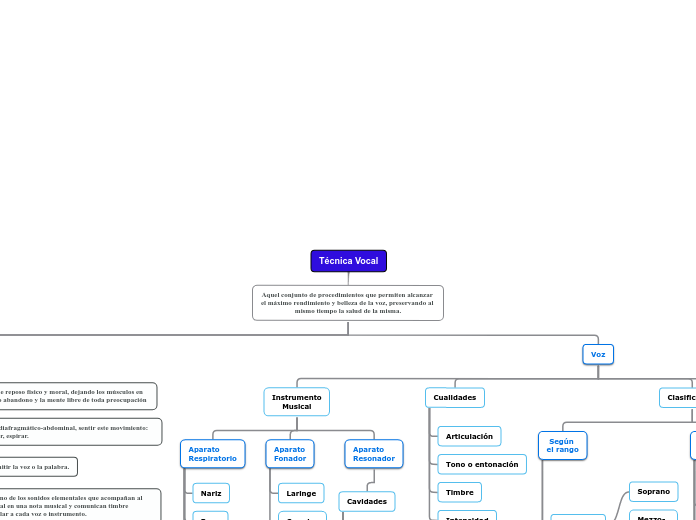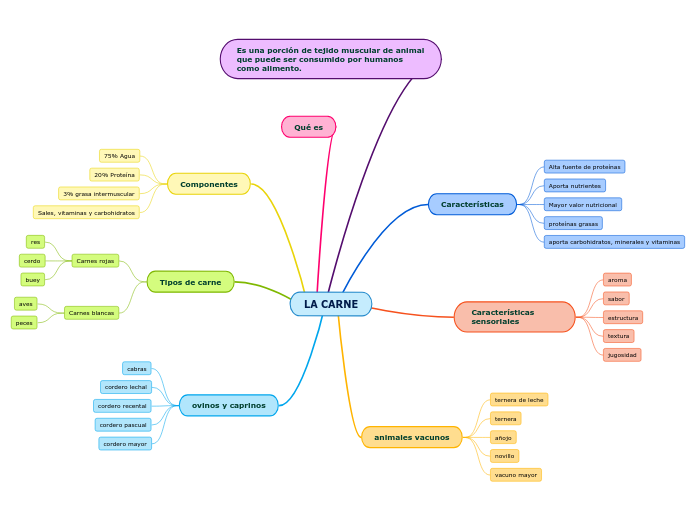Adjetivos calificativos
To name your story, you have to think about the overall message and what you want your audience to understand from the story. Also, make it relevant and easy to remember.
Ejemplos
El Esta Feo
He is ugly
Mi amigo es alto
My friend is high
El café esta caliente
The coffee is hot
Para Que Se Usan
The ending of a story is essential. We all know that if the ending is weak, what happened before loses its importance. So make it unpredictable, but fair. A resolved ending answers all the questions and ties up any loose threads from the plot.
para expresar las cualidades de las personas, animales o cosas, es decir, para calificarlas. Siempre acompañan al sustantivo. Por ejemplo, "Yo solía ser un joven audaz" o "La sala es grande
This is the closure section of the story.
See examples of possible outcomes below:
- all problems have been solved
- it's clear how each one of your characters ends up
- your main character is transformed by the challenge
Que Es
In the beginning of the story (or the exposition), you will need to introduce the setting and characters. You might also want to introduce the main conflict. This part of the story is important because it gives the reader necessary background information and maybe even a first insight into a character’s personality.
son un tipo específico de adjetivos, cuya función es señalar las cualidades propias de un sustantivo, sea persona, animal o cosa
The setting (time & place) of a story can change throughout the plot.
Sensory detail
Sensory details include sight, sound, touch, smell, and taste. These details are important because they create depth in your setting.
See a few examples below:
- the smell of fresh bread
- the scent of freshly cut grass
- rain falling onto the windshield etc.
Sensory details
Weather
The weather is an important element in your story because it can highly influence the ambiance and the mood of the characters.
Do these weather conditions affect the main character?
The most affected character is the main character. Write down here if he/she is affected by these weather conditions in any way. For example, if they lost a family member or their home during a hurricane, etc.
Elements of nature
Decide if you want to include an element of nature in your story. For example, a rainbow can be a very nice choice for a happy ending. The mist in a story can represent mystery and secrets. A thunder can appear in the background at the moment when the 'bad guy' of the story makes its appearance, etc.
Catastrophic event
Does your story include catastrophic weather? See a few suggestions below or add your own:
- hurricane, earthquake, storm, etc
Time
The time of the story can also change. It can describe the event of a single day or can include an entire year's plot. Anyway, don't forget to mention it.
Time of plot
Where does the story takes place?
Your story can take place wherever your imagination will take you to.
For example: in an elevator, in an enchanted forest, etc. Don't forget to give details of the environment each time the setting changes, otherwise, the story can be confusing. Also, mention the seasons as each of them has unique weather and events.
Location









